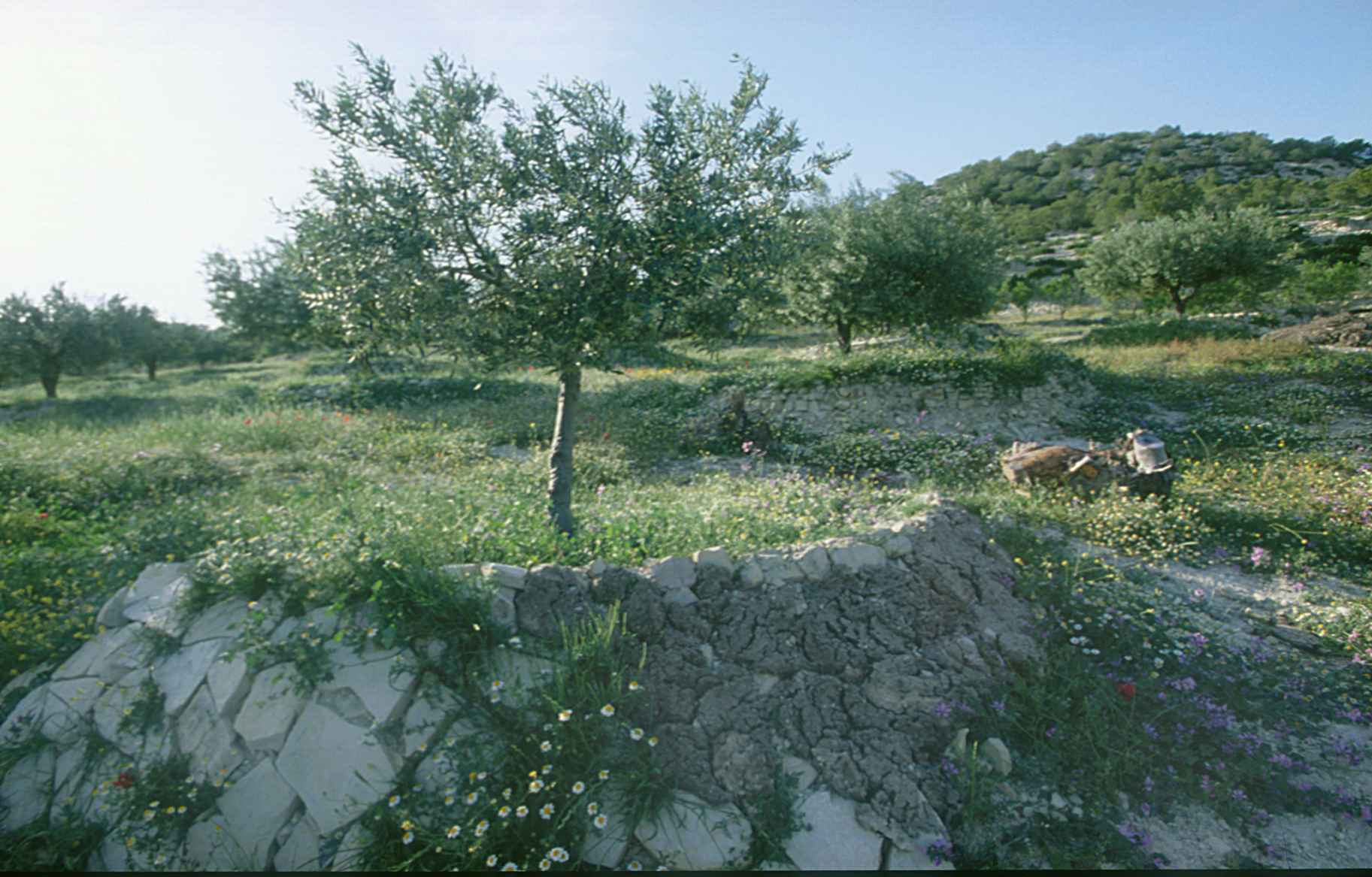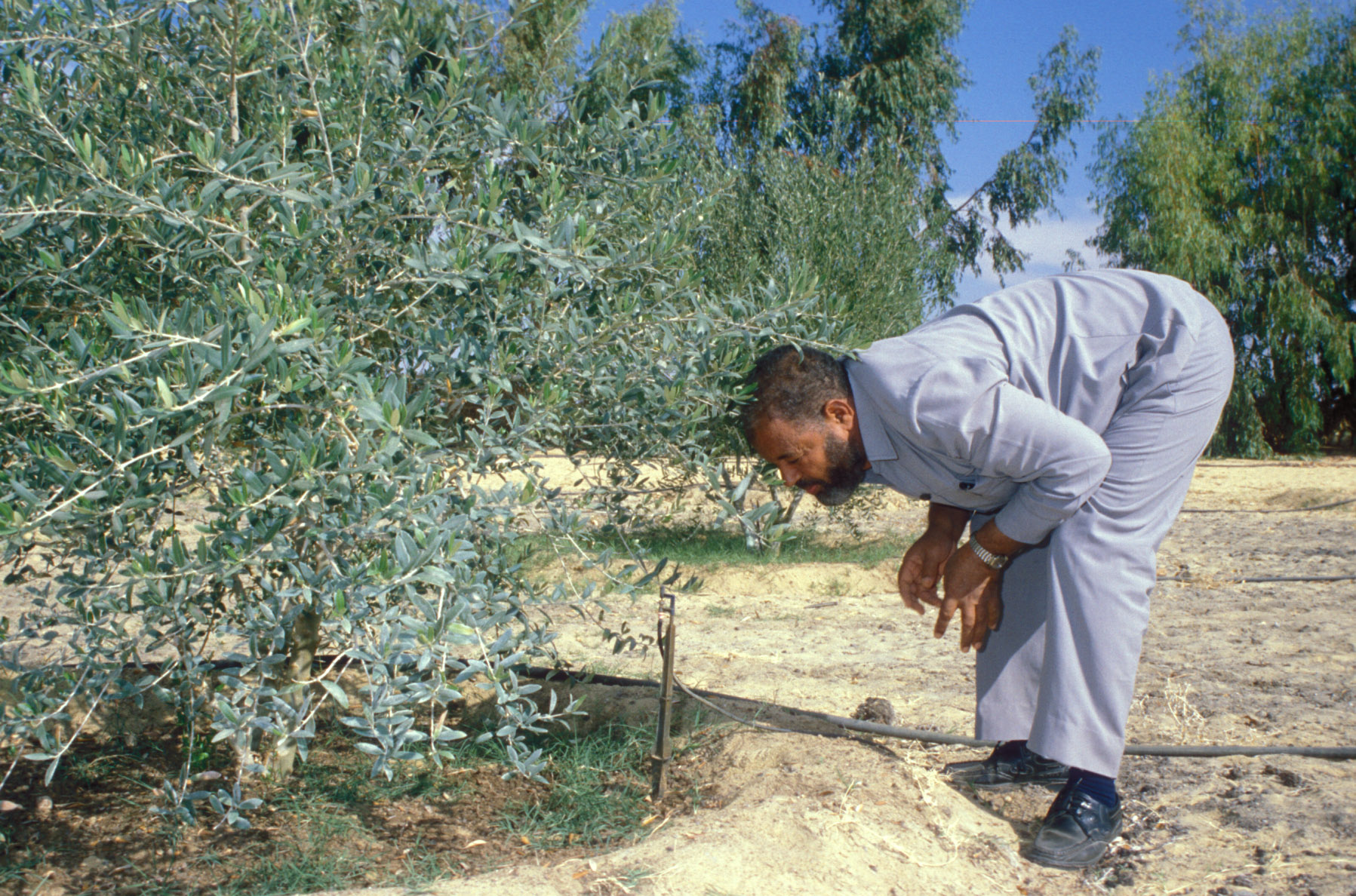Rangelands
Despite their significant environmental and socio-economic value, rangelands are often overlooked and undervalued in national economies. To address these challenges, FAO promotes better monitoring systems, standardized definitions, and large-scale restoration initiatives that actively involve local communities. By emphasizing both the economic and environmental importance of rangelands, FAO aims to elevate their priority in national policies and encourage sustainable management practices across NENA countries.
Historically, rangeland management relied on traditional tribal systems with indigenous knowledge and community stewardship. However, the shift to modern governance frameworks led to open-access grazing, contributing to resource depletion. To address this, new initiatives integrate traditional and modern approaches, such as rangeland cooperatives, Agriculture Development Groups, and reviving traditional Hima systems. These community-based efforts promote participatory decision-making and capacity building to restore rangeland health and support sustainable livelihoods.
Our work in action



